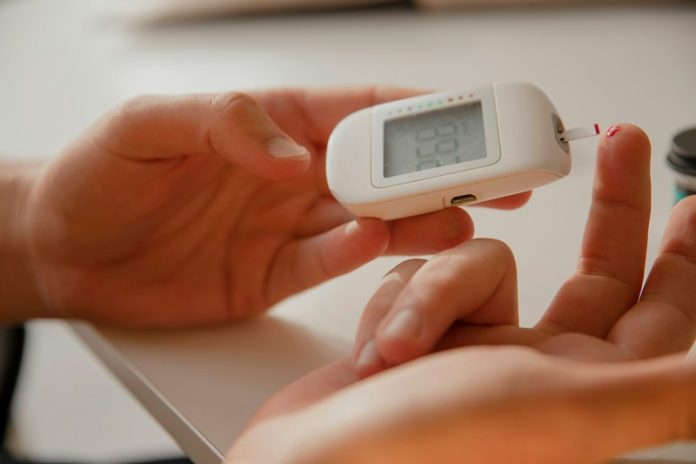
Scientists from Mount Sinai Health System in New York City and City of Hope in Los Angeles have discovered a promising new treatment for diabetes.
Their research shows that a combination of two drugs can significantly increase the number of human insulin-producing cells, potentially offering a new way to treat diabetes.
These findings were published in the journal Science Translational Medicine.
The research, led by Dr. Andrew F. Stewart from Mount Sinai, started back in 2015. Dr. Adolfo Garcia-Ocaña, who was then at Mount Sinai and is now at City of Hope, played a crucial role in designing and conducting the study.
City of Hope is a top research center for diabetes and cancer.
The study used a natural product called harmine, found in some plants, combined with a type 2 diabetes drug known as GLP1 receptor agonists. The researchers transplanted a small number of human insulin-producing beta cells into mice that had no immune system.
These mice served as models for both type 1 and type 2 diabetes. When treated with the combination therapy, the mice’s diabetes was rapidly reversed. Remarkably, the number of human beta cells increased by 700% over three months with this treatment.
“This is the first time scientists have developed a drug treatment that is proven to increase adult human beta cell numbers in living organisms,” said Dr. Garcia-Ocaña. “This research brings hope for future regenerative therapies to potentially treat the hundreds of millions of people with diabetes.”
Dr. Stewart, along with Dr. Peng Wang from Mount Sinai, initially discovered harmine’s potential through high-throughput drug screening. This process involves testing many drugs to find promising candidates. Their initial findings were published in Nature Medicine in 2015.
Diabetes affects more than 10% of the world’s adult population, causing high blood sugar levels. Both type 1 and type 2 diabetes involve a decrease in the number and function of insulin-producing beta cells. Current diabetes treatments cannot increase these cell numbers, which means they cannot fully reverse the disease. However, most people with diabetes still have some beta cells, inspiring researchers to find ways to increase their numbers.
The team previously showed that inhibiting an enzyme called DYRK1A could make beta cells multiply in a lab dish. However, until this study, no one had shown that human beta cells could be expanded in living organisms for an extended period.
To measure the mass of human beta cells in the transplanted islets accurately, the team used an advanced laser microscopy tool called iDISCO+. This tool makes biological tissue transparent, allowing scientists to see and count beta cells more accurately.
Dr. Sarah A. Stanley from Mount Sinai used this technology and observed a dramatic increase in beta cell mass. The cells not only increased in number but also showed improved function and survival.
The Mount Sinai team recently completed a Phase I clinical trial of harmine in healthy volunteers to test its safety. Dr. Robert J. DeVita from Mount Sinai has also developed next-generation DYRK1A inhibitors. These new drugs are being tested for safety and effectiveness, with plans to start human trials soon.
The researchers are also addressing the issue of the immune system attacking new beta cells in type 1 diabetes. Dr. Garcia-Ocaña and Dr. Alberto Pugliese from City of Hope are testing combinations of beta cell regenerators and immune system regulators. Their goal is to allow new beta cells to survive and improve insulin levels in patients.
“Our studies pave the way for moving DYRK1A inhibitors into human clinical trials,” Dr. Garcia-Ocaña said. “There is nothing like this available to patients right now.”
Drs. Stewart and DeVita are co-inventors on patent applications for DYRK1A inhibitors, such as harmine, for diabetes treatment. These patents are filed through the Icahn School of Medicine at Mount Sinai and are currently unlicensed.
This breakthrough brings new hope to millions of people with diabetes, potentially offering a treatment that could significantly improve their lives.
If you care about diabetes, please read studies about Vitamin D and type 2 diabetes, and to people with diabetes, some fruits are better than others.
For more information about diabetes, please see recent studies that low calorie diets may help reverse diabetes, and 5 vitamins that may prevent complication in diabetes.



